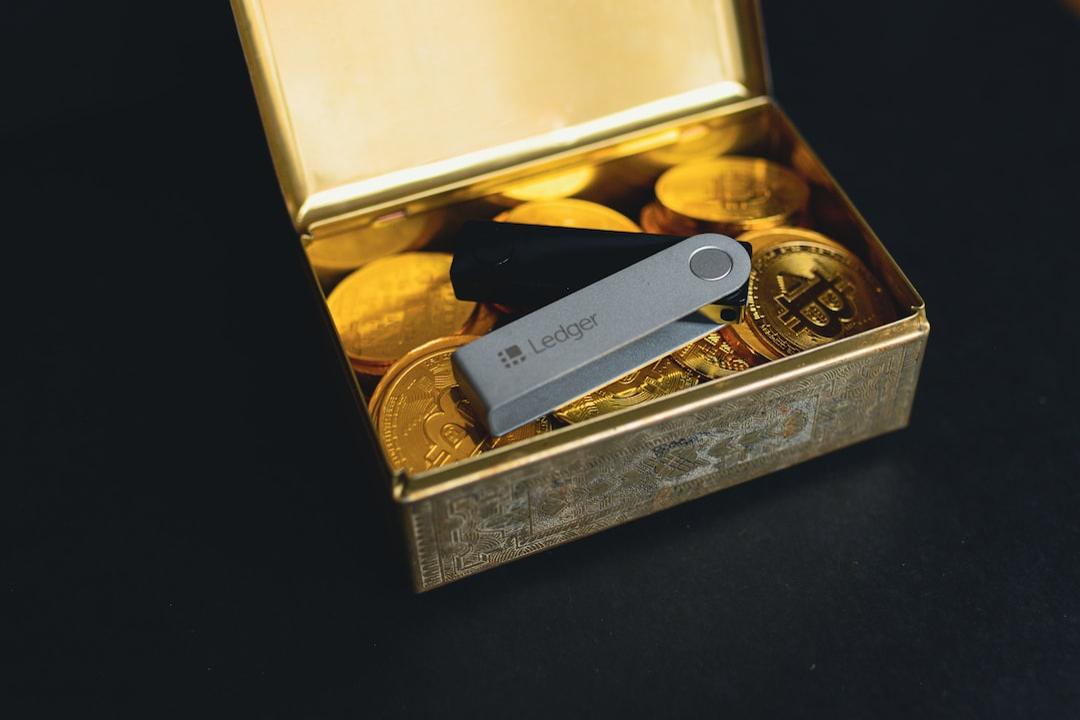The approval of Ether exchange-traded funds (ETFs) in the United States is being celebrated by the community. However, one industry executive, Mona El Isa, founder of Avantgarde Finance, has voiced criticism of the centralized nature of these products.
The introduction of cryptocurrencies like Bitcoin (BTC) and Ether (ETH) has transformed the world of finance by eliminating the need for intermediaries and enabling the transfer of funds without relying on a central authority.
El Isa argues that with the introduction of ETFs, cryptocurrencies run the risk of becoming less decentralized. She believes that ETF issuers are incorporating outdated technology into crypto products just to remain relevant, which undermines the purpose of cryptocurrencies.
While traditional finance (TradFi) is drawn to the Ether ETF due to its familiar structure and regulations, El Isa believes that accessing Ethereum through an ETF overlooks the core benefits of its decentralized and disintermediated design.
El Isa predicts that while the newly approved Ether ETF will see some adoption, investors will eventually prefer self-custody, as it offers more benefits. Self-custodial crypto wallets allow users to take full responsibility for holding their private keys and assets, unlike spot crypto ETFs which rely on third-party custodians.
The approval of the Ether ETF has sparked both investor excitement and a debate about decentralization. Hao Yang, Bybit’s head of financial products, believes that maintaining the balance and ensuring Ethereum remains as decentralized and democratic as possible will be a long-lasting battle.
El Isa is not the only one skeptical of crypto ETFs. Josef Tětek, a Bitcoin analyst at Trezor, has expressed concerns about centralization and the potential creation of “millions of unbacked Bitcoin” through spot Bitcoin ETFs. Trezor CEO Matej Zak also warns that storing an ETF’s underlying cryptocurrency on platforms like Coinbase makes spot crypto ETFs vulnerable to hacks.
While some believe there is no direct conflict between self-custody and spot crypto ETFs, the debate surrounding centralization and decentralization in the crypto industry continues.

